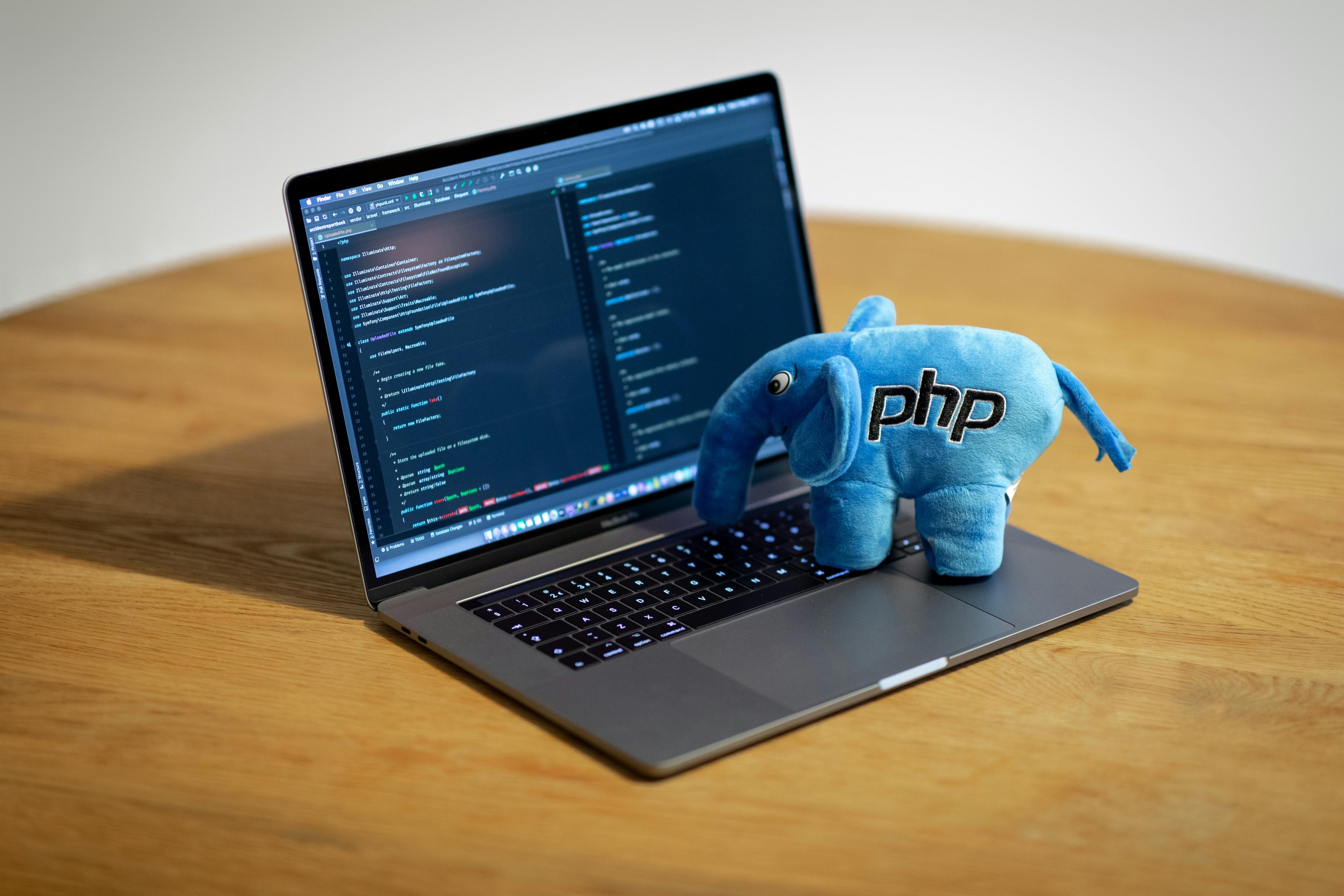Following coding standards improves readability and maintainability, making it easier for developers to collaborate. While ignoring them lead to confusion and decreased code quality.
-
Shows how PSR-1, PSR-12, and PSR-4 improve PHP code without being hard requirements.
-
Compares “it runs but looks bad” code with best practice examples for naming, braces, types, and control structures.
-
Explains why small style choices like spaces, casing, and type hints matter for long term maintenance.
-
Highlights how following standards makes teamwork, debugging, and scaling PHP projects much easier.

